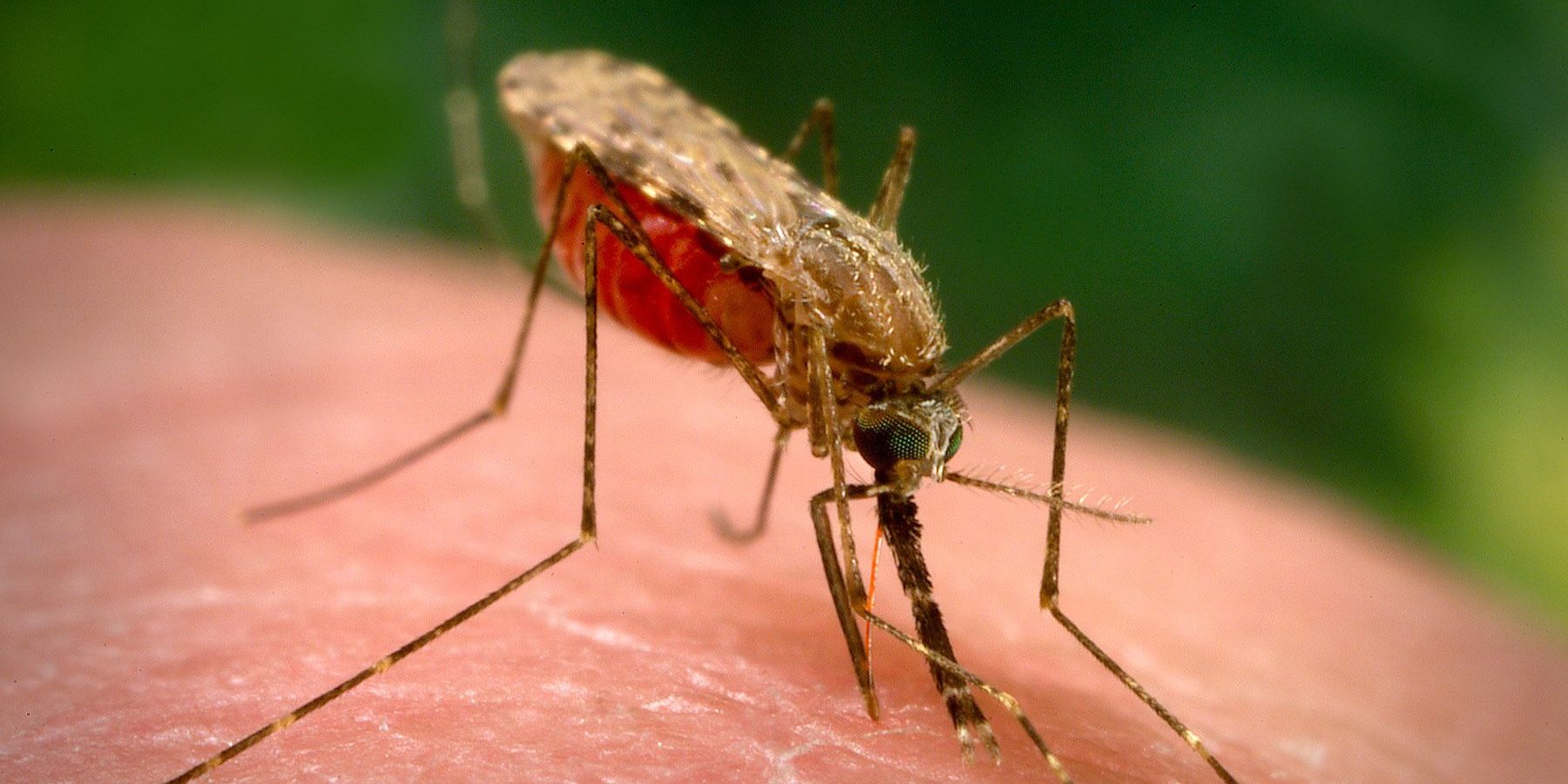For the second instalment of our In Conversation with series, we spoke to Hana Bilak, Malaria Technical Advisor at PATH. This series aims to engage with a range of global health professionals on a broad range of topics. Currently the focus is on how the COVID-19 pandemic has changed the way their organisations work, highlighting challenges and opportunities that have arisen during this unprecedented time.
How have PATH activities, plans and campaigns been negatively impacted by the pandemic? What obstacles have you come up against?
Our field and research activities were largely put on hold due to lockdowns and travel restrictions in our operational countries. This initially made our malaria related activities hard to maintain – aspects such as training and supervision were no longer possible in the usual way and had to be rapidly rethought. Internally, we have had to find more ways of connecting and overcoming the feeling of being far away from our work. Moreover, while in our European and American offices connecting virtually has been relatively seamless, this is not the case in our other operational countries where internet and electricity access is not guaranteed.
Conversely, have any opportunities presented themselves as a result of the pandemic?
Absolutely. Globally we were quick to adapt and find new ways to keep our existing projects going and even launching new projects at short notice. For example, we secured funding from the Bill & Melinda Gates Foundation to work with Emergency Operations Centres (EOCs) in DRC, The Gambia and Senegal to integrate malaria data at the EOC operational level. In the short term, these projects support the countries’ response to COVID-19 by supporting data collection, analysis and use, and also helps mitigate the potential impact of COVID-19 on malaria, by tracking core indicators such as access to health facilities. The aim of the projects is to strengthen the day to day capacity of EOCs while in the longer term, strengthening national malaria programmes’ ability to make data-driven decisions by leveraging EOC capacity in data management.
What will the pandemic mean for ongoing malaria elimination efforts globally?
This depends on how world leaders and the global health sector proceeds. Yes, we are in a pandemic but we must be realistic and not expect this to be the last one. Globally, if we reinforce the message that we must build resilient health systems that can deal with multiple health problems concurrently and not be overwhelmed by the unexpected, then vital issues like malaria elimination may not suffer. We must take a long-term view and remember that the pandemic has not been prioritised equally by all countries as this depends on the pre-existing disease burden they are facing. We have a real opportunity to use the current levels of global collaboration to advocate for accelerating malaria elimination efforts.
Do you think that changes that have been necessary during the pandemic will have a lasting impact on our sector?
I think the way we all interact will change for good – we will have less in person meetings and may redefine essential and non-essential travel. More effort will need to be put into building virtual teams – especially with colleagues that we have never met. Multisectoral approaches to global health will become more and more important. The international response to the COVID-19 pandemic has shown how vital it is to collaborate and how interlinked important mitigation activities are. A lot of global health programmes are still too vertical and don’t make enough use of partnerships, both cross-country and cross-sector. I’m hopeful this will change as we gradually return to normality – this is also where above-country networks like the World Health Organization and the RBM Partnership to End Malaria can play an important role.
PATH and Malaria Consortium have collaborated before, notably on the VectorLink programme, is there anything you think we could partner on in the future?
Our organisations have complementary strengths and geographic footprints. One particular way we could support each other is through sharing cross-country learnings for advocacy purposes – through the exchange of resources and evidence we can generate stronger advocacy case for use in the multiple policy pathways we are tapped into. Programmatically, both PATH and Malaria Consortium are strong in the field of surveillance and stratification – perhaps we could find a way to combine and have a larger an impact in high burden countries.
Further information on the VectorLink project can be found in this project brief. PATH and Malaria Consortium also collaborate through the Every Breath Counts network, meeting at a Research Group meeting Malaria Consortium held in 2019.
Hana Bilak was talking to Jamie Power, Malaria Consortium’s Policy and Advocacy Manager
